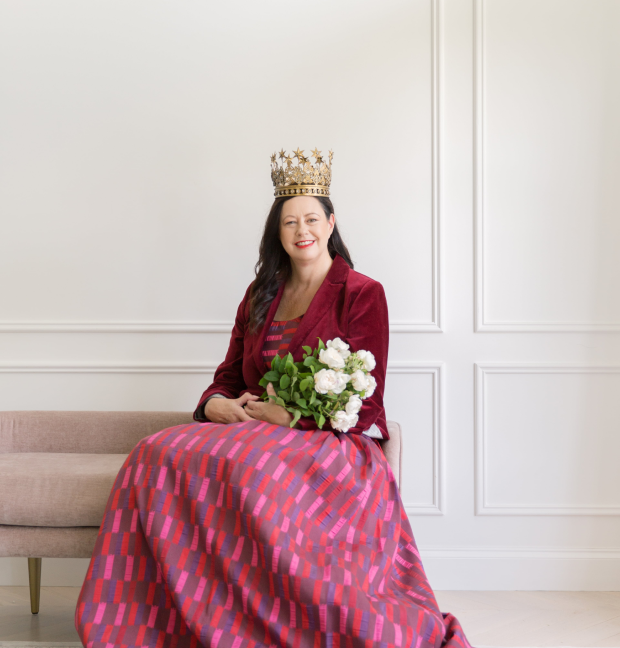
The Blurb (from Goodreads):
The classic novel, international sensation, and inspiration for the film starring Anthony Quinn explores the struggle between the aesthetic and the rational, the inner life and the life of the mind.
The classic novel Zorba the Greek is the story of two men, their incredible friendship, and the importance of living life to the fullest. Zorba, a Greek working man, is a larger-than-life character, energetic and unpredictable. He accompanies the unnamed narrator to Crete to work in the narrator’s lignite mine, and the pair develops a singular relationship. The two men couldn’t be further apart: The narrator is cerebral, modest, and reserved; Zorba is unfettered, spirited, and beyond the reins of civility. Over the course of their journey, he becomes the narrator’s greatest friend and inspiration and helps him to appreciate the joy of living.
Zorba has been acclaimed as one of the most remarkable figures in literature; he is a character in the great tradition of Sinbad the Sailor, Falstaff, and Sancho Panza. He responds to all that life offers him with passion, whether he’s supervising laborers at a mine, confronting mad monks in a mountain monastery, embellishing the tales of his past adventures, or making love. Zorba the Greek explores the beauty and pain of existence, inviting readers to reevaluate the most important aspects of their lives and live to the fullest.
My Thoughts:
Every year I set out to read a great classic of literature that I have not read before. This year I chose Zorba the Greek by Nikos Kazantzakis, primarily because it is set in Crete in the 1950s and I am currently working on a novel set in the same magical island in the 1940s. I saw the movie a long time ago, and have watched the iconic dance scene numerous times since. It was interesting to go back to the source of the story.
Zorba the Greek is told from the point-of-view of a wealthy young man who lives too much in his head – he is cerebral, philosophical and reserved. On the boat to Crete, he meets a working class Cretan who is earthy, passionate, and spontaneous – this is, of course, Zorba. The book is mainly a record of their conversations and experiences together. They talk about life, death, love, loss, and the nature of God. Zorba likes to talk, as much as he likes to eat, drink, dance, sing, play his santuri and make love. He is a braggart and a cheat, but also very funny at times. The book is deeply misogynist - women are not treated well in the book. Zorba seduces an old whore who later dies. The unnamed narrator seduces a beautiful young woman who then has her head cut off by a villager. One could argue that this is realistic reflection of the time and the place (though I cannot believe a woman can get her head hacked off in 1950s Crete and the murderer allowed to go scot-free). What troubled me most was the lack of any real feeling in the book. Both men are strangely undisturbed by the death of their lovers – they both shrug philosophically and go on with their lives.
There are, nonetheless, many beautiful passages in the book. It is at its best describing the Cretan landscape, and celebrating the simple pleasures of life:
‘I looked at Zorba in the light of the moon and admired the jauntiness and simplicity with which he adapted himself to the world around him the way his body and soul formed one harmonious whole and all things – women, bread, water, meat, sleep – blended happily with his flesh and became Zorba. I had never seen such a friendly accord between a man and the universe.’
You can also read my review of Mythos: The Greek Myths Retold by Stephen Fry:
https://kateforsyth.com.au/what-katie-read/book-review-mythos-the-greek-myths-retold-by-stephen-fry

